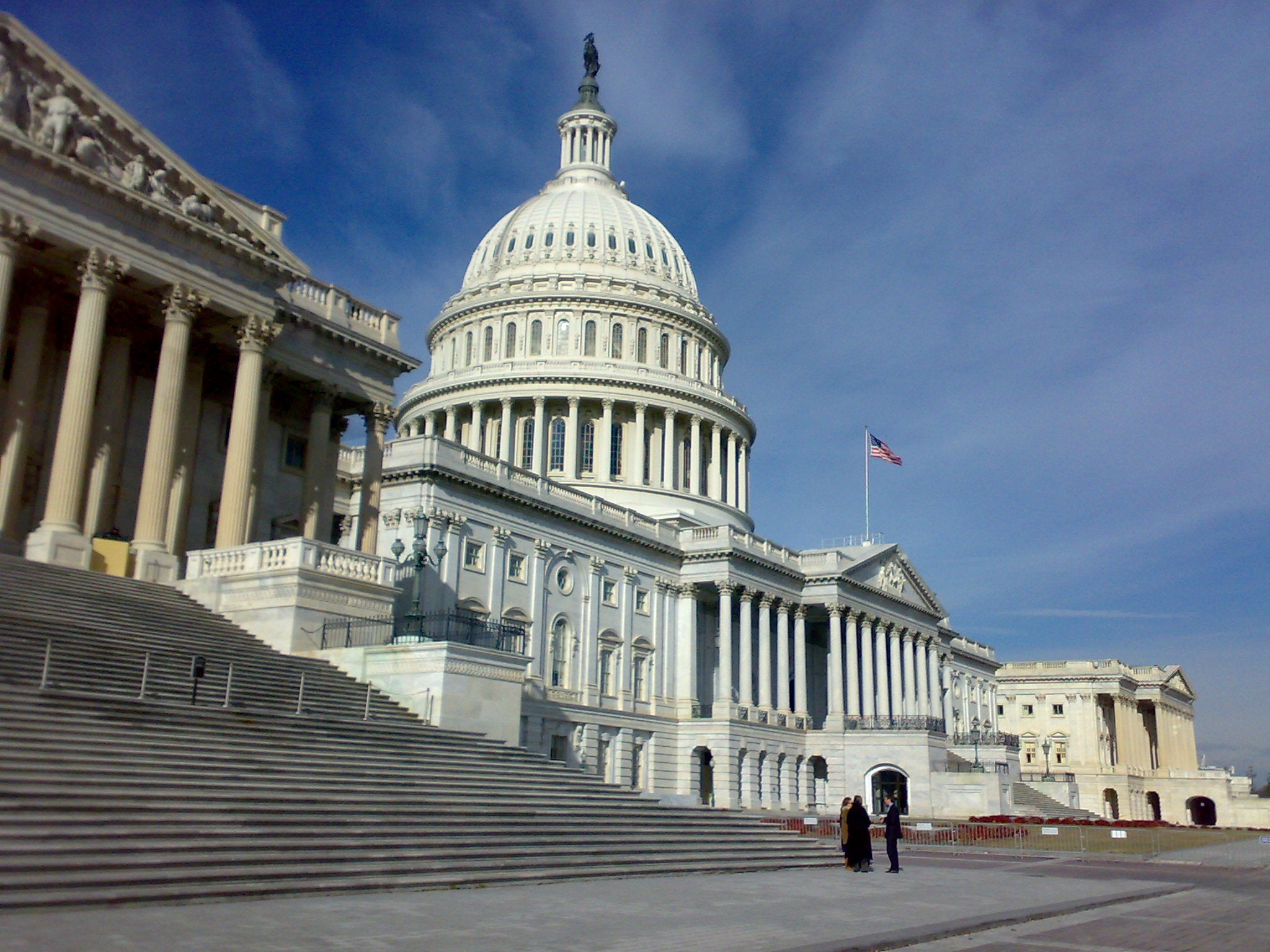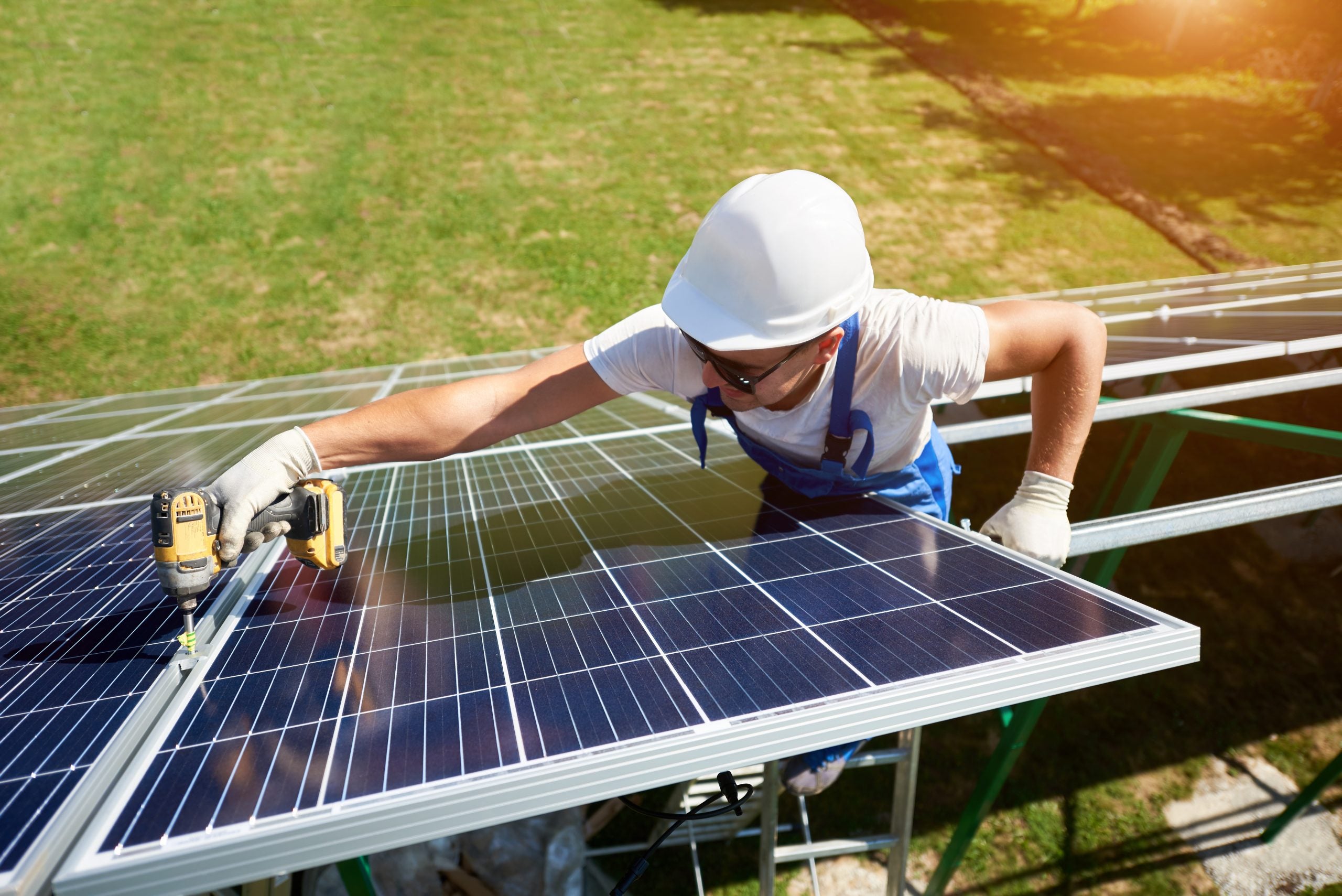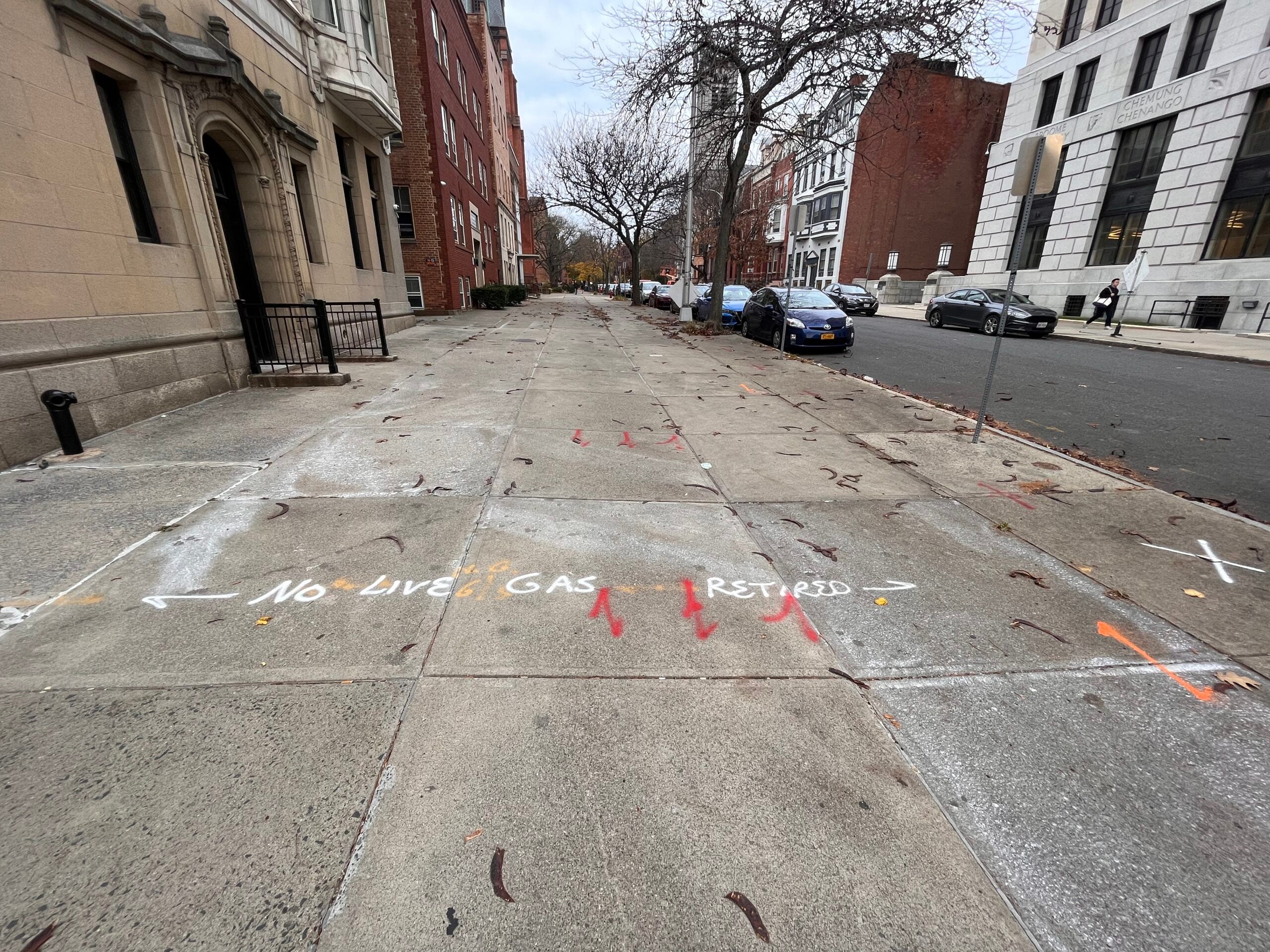Roselyn is a senior expert in REDD+, forest governance, and climate policy and a Distinguished Humphrey Fellow of the U.S State Department. She currently serves as a Senior Advisor to EDF’s Forests team.
Most of us working in nature conservation think of the quickly approaching COP30 in Belém, Brazil, as the “Nature COP.”
The last time that title was used was at COP26 in Glasgow — a post-pandemic gathering that re-energized climate action after a year of global lockdowns. Glasgow gave birth to the Lowering Emission’s by Accelerating Forest Finance (LEAF) Coalition’s first Letters of Intent with tropical forest countries, signaling unprecedented forest-finance momentum in the voluntary carbon market through an unusual blend of public and private finance. It also saw the launch of the Glasgow Leaders’ Declaration on Forests and Land Use, endorsed by over 140 countries pledging to halt and reverse forest loss by 2030, and the UK-led Forest, Agriculture and Commodity Trade (FACT) Dialogue, which charted a path toward deforestation-free commodity supply chains.
But even with these gains, the world has been falling short in recognizing and financing nature’s role in sustaining a livable planet.














